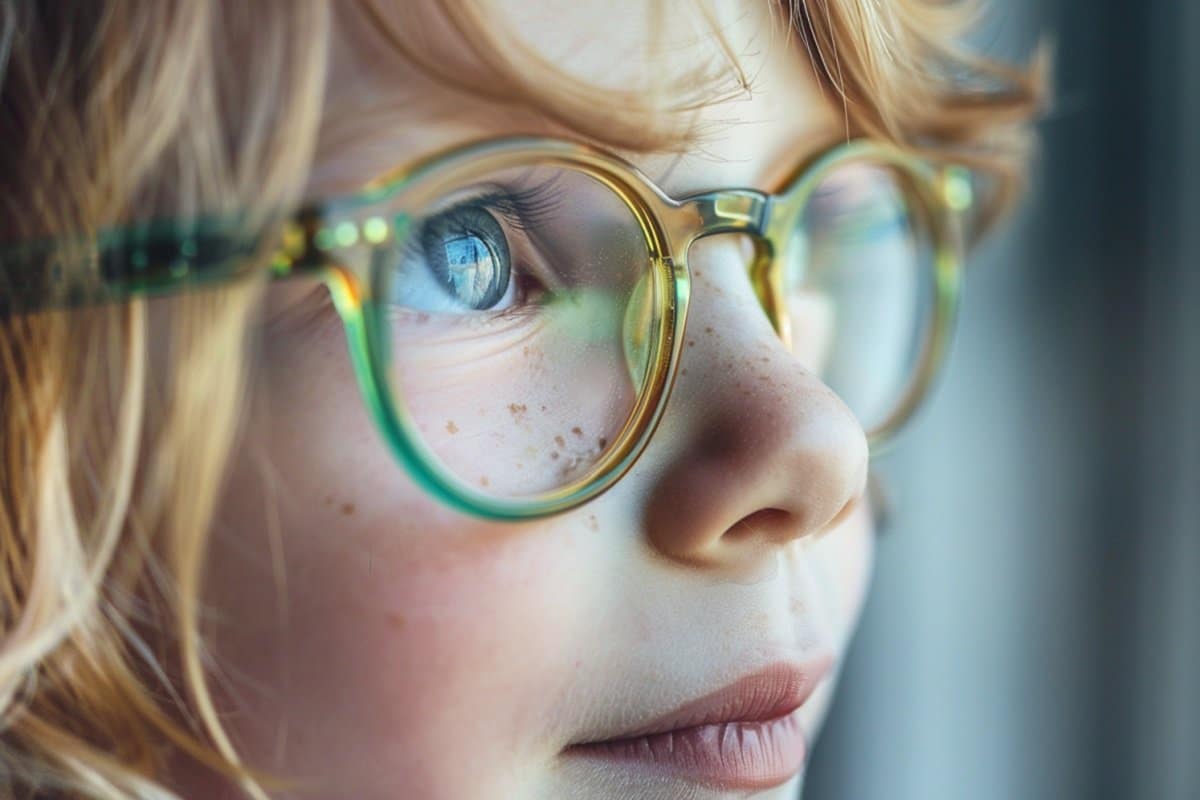Vision loss during childhood affects judgment of sound distances

Summary: New research reveals that people who lose their sight before the age of 10 have more difficulty judging the distance of sounds than those who lose their sight later in life. This difficulty in perceiving the location of sounds has important implications for safety and navigation.
The study highlights the need for tailored healthcare solutions for people with early vision loss to improve their quality of life.
Highlights:
- Early vision loss affects the ability to accurately judge sound distances.
- Participants with early vision loss perceived nearby sounds as more distant.
- The study highlights the importance of understanding sensory dependency in people with vision loss.
Source: Anglia Ruskin University
A new study has found that people who experienced partial vision loss in early childhood have a harder time accurately judging the location of a sound than those who lose their sight later in life.
People with vision loss rely heavily on their other senses to plan routes, move around safely, avoid collisions and go about their daily lives.

The new study, conducted by Anglia Ruskin University (ARU) in collaboration with the University of East Anglia (UEA), has been published in the journal Optometry and Vision Sciences and is the first to compare how people with early (before age 10) and late vision loss judge the distance of sound.
The study involved 52 participants under the age of 33. Each participant took part in 480 separate trials, which involved estimating the distance of each sound. The sounds were played at distances ranging from 1.2 m to 13.8 m and varied between speech, music or noise. Participants estimated the distance from where the sound was coming. Each participant took part in 480 trials over a period of one hour and 40 minutes.
Differences in estimates between people with early and late vision loss, as well as a fully sighted control group, were greater for near distances than for sounds from further away.
Compared with the control group, people with early vision loss tended to perceive sounds emitted at close range, up to five metres, as actually coming from further away.
Distance judgments were not found to be significantly different between the control group and those with late vision loss.
Lead author Professor Shahina Pardhan, Director of the Eye and Vision Research Institute at Anglia Ruskin University (ARU), said: “These findings suggest that people who experience vision loss at birth or in early childhood are more likely to have difficulty accurately judging the distance of nearby sounds.
“This is the first study of its kind and is important for assessing the health care needs of people who have experienced partial vision loss early in life, for example at birth or in childhood, and who tend to rely on their other sensory abilities.
“It is clear that difficulty in assessing sounds at short and medium distances could have safety implications, for example when trying to cross the road.
“We hope this study will help build the evidence base that will lead to solutions to improve the lives of people with vision loss around the world.”
The study was co-authored by academics from the University of Cambridge and Sankara Nethralaya Eye Hospital in Chennai, India.
Co-author Dr Andrew Kolarik, from UEA’s School of Psychology and ARU’s Eye and Vision Research Institute, said: “Numerous studies have shown that people who are totally blind show measurable changes in their hearing abilities, performing either better or worse than sighted people depending on the auditory task they are given.
“This study shows that even partial vision loss can lead to changes in hearing ability, especially if vision is lost early in life.”
About this visual and auditory neuroscience research news
Author: Jamie Forsyth
Source: Anglia Ruskin University
Contact: Jamie Forsyth – Anglia Ruskin University
Picture: Image credited to Neuroscience News
Original research: Free access.
“Effect of early versus late onset of partial visual loss on auditory distance judgments” by Shahina Pardhan et al. Optometry and Vision Science
Abstract
Effect of early versus late onset of partial visual loss on auditory distance judgments
IMPORTANCE
It is important to know whether early vision loss and late vision loss are associated with differences in estimating distances to environmental sound sources. People with vision loss rely heavily on auditory cues to plan their route, move safely, avoid collisions, and perform activities of daily living.
AIM
Vision loss can result in substantial changes in hearing abilities. It is not known whether differences in sound distance estimation exist between people with early partial vision loss, late partial vision loss, and normal vision. We studied distance estimates for a range of sound sources and listening environments in groups of participants with early and late partial vision loss and sighted controls.
METHODS
Fifty-two participants listened to static sounds at virtual distances ranging from 1.2 to 13.8 m in a simulated room. The room simulated either anechoic (echo-free) or reverberant environments. The stimuli were speech, music, or noise. Isolated sounds were presented and participants indicated the estimated distance to the sound source. Each participant took part in 480 trials.
RESULTS
Analysis of variance showed significant main effects of visual condition (p0.05).
CONCLUSIONS
The results suggest that early partial vision loss leads to significant changes in estimated hearing distance in different environments, particularly for near and medium distances. Late partial vision loss has less impact on the ability to estimate the distance of sound sources. These results are consistent with a theoretical framework, the perceptual restructuring hypothesis, which has recently been proposed to explain the effects of vision loss on hearing.




